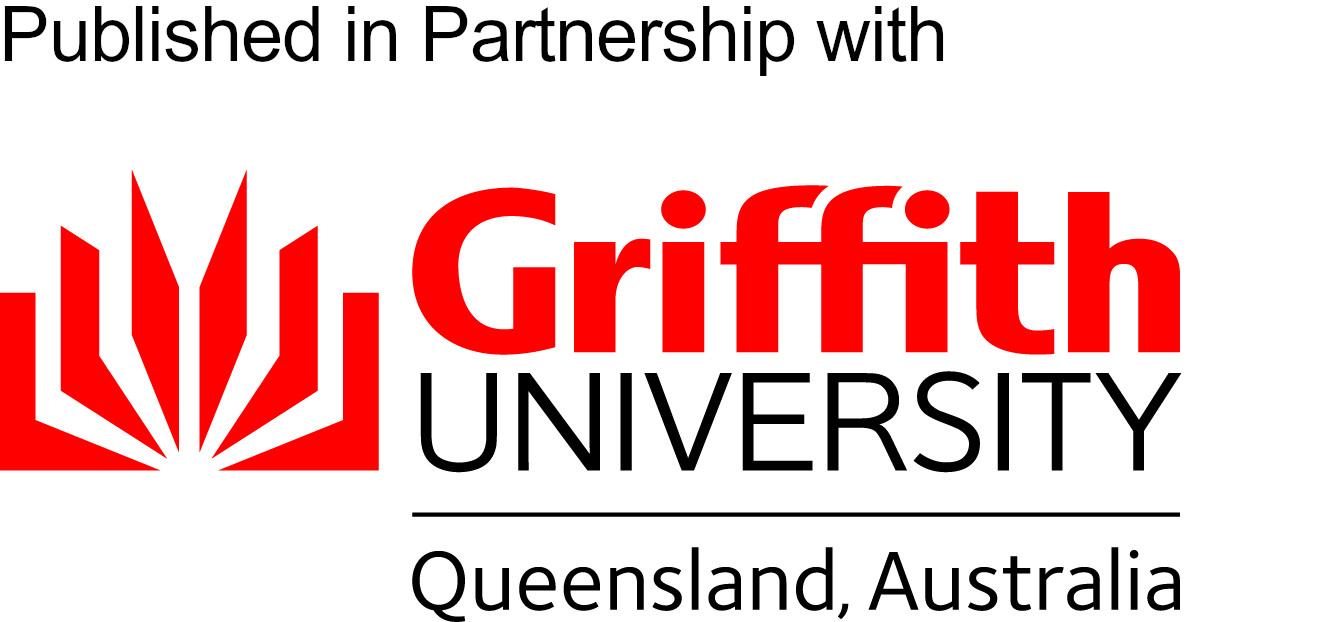Building youth leadership confidence in 1475 (Dulwich) Squadron Air Training Corps
Handling challenges with no right answer and focusing on positives
DOI:
https://doi.org/10.1017/qre.2017.7Keywords:
1475 Dulwich Squadron Air Training Corps (ATC), Cadet Non-Commissioned Officer (NCO) training course, leadership developmentAbstract
This article reflects upon the 1475 Dulwich Squadron Air Training Corps (ATC) Cadet Non-Commissioned Officer (NCO) training course. The course was first delivered in 1982 for fourteen- to seventeen-year-olds, running between November and April every year since then. The contemporary course consists of 210 hours of instruction, training, outbound exercises, in-class workshops, debriefing, individual feedback and coaching. The focus of this course is on communication, teamwork, emotional intelligence, confidence and courage. The young people are taken out of their comfort zones delivering talks, giving instruction to other cadets and taking turns in leadership during the challenging outbound exercises. The core philosophy of the course is to present the young people with complex problems where there is no right answer. Then the young people are debriefed, drawing out lessons that they have learnt themselves and using a positive constructive frame for the learning. This article explores our journey across various iterations of leadership courses to this contemporary course, why this work has been important, what worked, what didn’t and how this work has positively changed the outcomes for cadets and the operation and practices of the 1475 Squadron, to deliver a strong young leadership team.
References
Squadron 1982. ‘NCO course programme’ (squadron working document — unpublished).
—— 1998. ‘NCO course practical Leadership (command task) exercise management’ (squadron working document — unpublished).
—— 2002. ‘NCO course (no. 18) leadership agility training (assessment): Operation order’ (squadron working document — unpublished).
—— 2006. ‘NCO course leadership training (assessment)’ (squadron working document — unpublished)
—— 2016. ‘About us’, http://www.1475.org/about-us/history.
Adair J. 1973. Action-centred leadership. New York: McGraw-Hill.
Cooper B. 2010. Letter to The Venerable (Air Vice-Marshal) R. Turner CB DL RAF Retd.
Goleman D. 1995. Emotional intelligence: Why it can matter more than IQ, London: Bloomsbury.
RAFAC 2016a. Royal Air Force Air Cadets home page, http://www.raf.mod.uk.
—— 2016b. ‘Who we are’, http://www.raf.mod.uk/aircadets/whoweare.
—— 2016c. ‘History’, http://www.raf.mod.uk/aircadets/whoweare/history.cfm.
—— 2016d). ‘What we do’, http://www.raf.mod.uk/aircadets/whatwedo.
—— 2016e. ‘Ranks’, http://www.raf.mod.uk/aircadets/whoweare/ranks.cfm.
—— 2016f. ‘Frequently asked questions’, https://www.raf.mod.uk/aircadets/wanttojoin/cadets_faq.cfm.
—— 2016g. ‘Training and education’, http://www.raf.mod.uk/aircadets/whatwedo/trainingandeducation.cfm.
—— 2016h. ‘Music’, http://www.raf.mod.uk/aircadets/whatwedo/music.cfm.
Royal Military Academy 1960. Serve to lead: The British Army’s anthology on leadership, 2nd ed. Sandhurst: Royal Military Academy.
Seymour K. 2012. Good practice principles for youth development organisations. 2nd ed. Brisbane: Key Centre for Ethics, Law, Justice and Governance, Griffith University.





